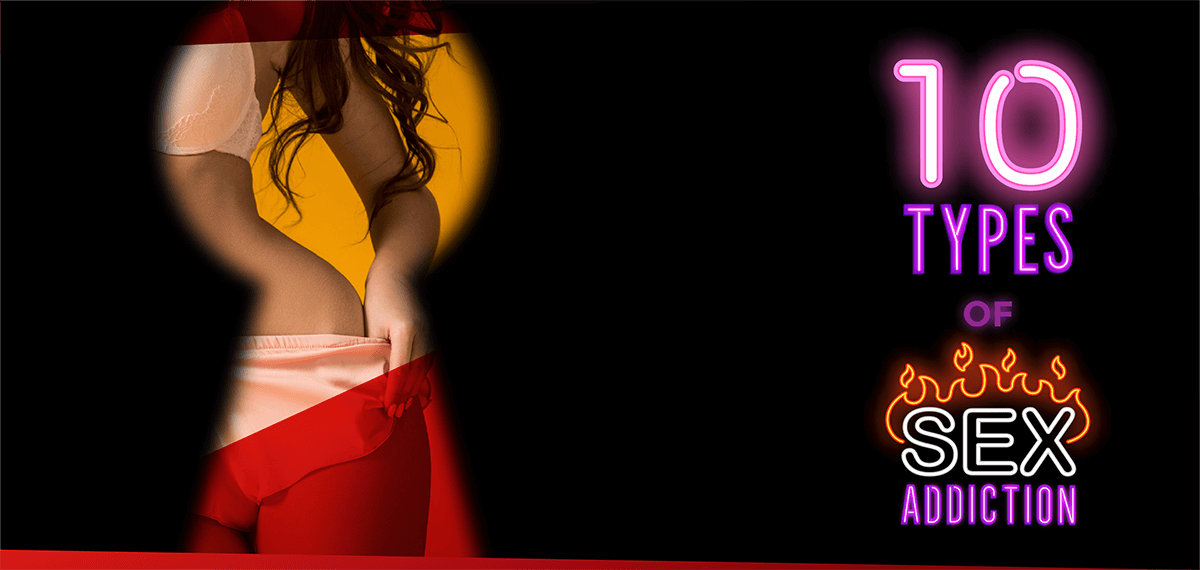In pop-culture, dopamine is the media-hyped brain chemical responsible for your addiction to gambling, cake, sex, drugs, love and rock and roll. It seems straightforward: do something pleasurable, get that hit of feel-good dopamine. When it fades, do it again, then again. No wonder the phrase dopamine addiction exists.
In reality, the role of dopamine addiction in drug or alcohol abuse is more complicated. Let’s explore what dopamine addiction is, how it affects the brain, and, crucially, what you can do about it.
Dopamine isn’t a Pleasure Chemical
Naturally-occurring opioid peptides in the brain, like endorphins, are responsible for feelings of pleasure and elation. Not dopamine. Dopamine is a neurotransmitter – a chemical signal that ferries information from one neuron to another. It sounds simple, but each of us has countless dopamine-firing and dopamine-receiving neurons that form a vast, complex network.
This vast network of dopamine influences many different bodily functions. Lactation, movement, hormone regulation, and even how much attention you pay during your third team meeting today. The specific effects of dopamine depend on how much is released, where in the brain it comes from, where it’s going, what type of cell the receiving neuron is, what the binding receptors are, and what job each neuron involved is doing.
Dopamine in the Mesolimbic Pathway
When most people talk about dopamine addiction and pleasure, they’re referring to dopamine in the mesolimbic pathway. The mesolimbic pathway is a brain tract that connects the nucleus accumbens to the frontal lobes. Dopamine release increases in this area when we are just about to engage in something pleasurable like sex, listening to our favourite song, watching our sports team win, or take drugs.
Dopamine is like an alarm inside the mesolimbic pathway, sounding just before you do something pleasurable. It says, This is going to feel good. Remember it so you can do it again soon. It’s an incredibly useful survival mechanism because it reinforces behaviours essential to survival. Sex feels good so we make babies. Fatty, sugary foods taste good because early humans had a better chance at surviving winters if they ate more of it. Sadly, behaviours that reward us neurochemically are sometimes more harm than good in modern society.
Let’s dive a little deeper.
The More Unexpected the Pleasure, the More Intoxicating the High
To understand the role of dopamine addiction in drug use, lets look at how it works when we eat chocolate cake.
You decide to visit a new cafe you’ve heard so much about. You sit and order chocolate cake. It arrives looking even better than you thought it would. That jolt of joy you felt? That’s the dopamine response firing to a better-than-expected pleasure.
The first bite is everything you hoped it would be and more. How do they make a cake so chocolatey!? You get another hit of dopamine from another positive prediction error the taste is better than you thought it would be. You eat the whole thing and leave feeling intensely satisfied.
Several days later, you’re thinking about that cake again. You’re craving those zaps of pleasure. You go back, and the experience is amazing almost as good as the first time you went. You decide to go every Saturday for chocolate cake.
A few weeks pass, and you notice you’re getting less and less pleasure from the chocolate cake. It hasn’t changed. You just dona’t enjoy it so much. Next week, you order carrot cake.
You guessed it. When something is unexpectedly better than we thought it would be, more dopamine is released. When something is disappointing or as we expected it would be, less dopamine is released. Science calls it prediction error the difference between what you expect, and what you get.
Our Brains Never Stop Interpreting Addictive Drugs as Unexpectedly Pleasurable
The better-than-expected prediction error doesn’t diminish over time when we take drugs. We get an intense dopamine high no matter how frequently we use. Worse, the properties of addictive drugs ensure that even 100% awful experiences are still remembered as highly pleasurable. They artificially increase dopamine levels, forcing your brain to predict that your experience will be amazing next time.
This artificial drug-induced dopamine high is what compels you to use again and again.
Dopamine addiction isn’t addiction to the pleasure drugs give. It’s the anticipation of the pleasure drugs give. This distinction will come as no surprise to long-term addicts who feel compelled to seek out their next hit, despite reporting dwindling joy from the drug itself.
Dopamine Linked with Co-occurring Disorders
A huge amount of research suggests that a genetic inability to absorb dopamine might predispose certain individuals with psychological problems to drug abuse. Results indicate that drug addiction has a clear biological basis, and should be treated no less seriously than any other mental illness.
Many patients who suffer from addiction are reported to have experienced underlying mental health issues like depression and anxiety as well. The National Bureau of Economic Research reports that people who have ever experienced mental illness consume about 69% of all alcohol, 84% of all cocaine, and 68% of all cigarettes. Dual diagnosis identifying and treating two or more medical disorders simultaneously is crucial for treating psychological disorders alongside drug or alcohol addiction.
Addiction Treatment at The Dawn Rehab in Thailand
The Dawn offers holistic addiction treatment plans for drug, alcohol and process addiction personalised to the needs of every individual. We also provide integrated dual diagnosis treatment for co-occurring disorders like depression, anxiety and PTSD. Contact us to speak confidentially with one of our advisors and get started on your journey to recovery.
Related Posts
 Dopamine Deficiency – How It Ties Into Mental Health and Addiction
Do you wake up each morning and feel as though there is no more spark in your life? If so, you might have what is known as dopamine deficiency. Dopamine...
Dopamine Deficiency – How It Ties Into Mental Health and Addiction
Do you wake up each morning and feel as though there is no more spark in your life? If so, you might have what is known as dopamine deficiency. Dopamine...
 Are You Addicted to Sugar? Discover the Truth about Your Sweet Tooth and How Sugar Addiction Works
Rich moist chocolate cakes, crispy doughnuts, a bag of nachos, your aunt’s famous lemon pies; put them in front of the individual, and mouths starts to water. Finish the first...
Are You Addicted to Sugar? Discover the Truth about Your Sweet Tooth and How Sugar Addiction Works
Rich moist chocolate cakes, crispy doughnuts, a bag of nachos, your aunt’s famous lemon pies; put them in front of the individual, and mouths starts to water. Finish the first...
 Getting to Know the Ten Types of Sex Addiction
Defining a sex addiction is not as straightforward as you might think. Understanding the different manifestations of this disorder can help you know if you might be struggling with a...
Getting to Know the Ten Types of Sex Addiction
Defining a sex addiction is not as straightforward as you might think. Understanding the different manifestations of this disorder can help you know if you might be struggling with a...
 The Truth about Sex Addiction: A Way to Avoid Intimacy & Real Human Connection
A common misperception about sex addiction is that it is about sex and the pursuit of sex. Many people think it’s reserved for someone with a high libido or someone...
The Truth about Sex Addiction: A Way to Avoid Intimacy & Real Human Connection
A common misperception about sex addiction is that it is about sex and the pursuit of sex. Many people think it’s reserved for someone with a high libido or someone...






